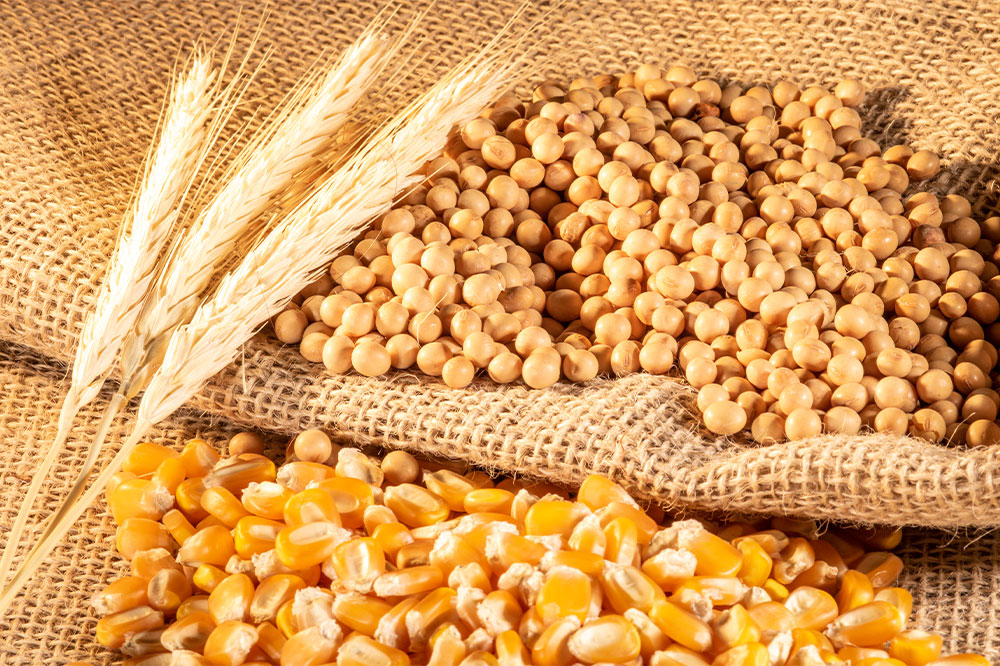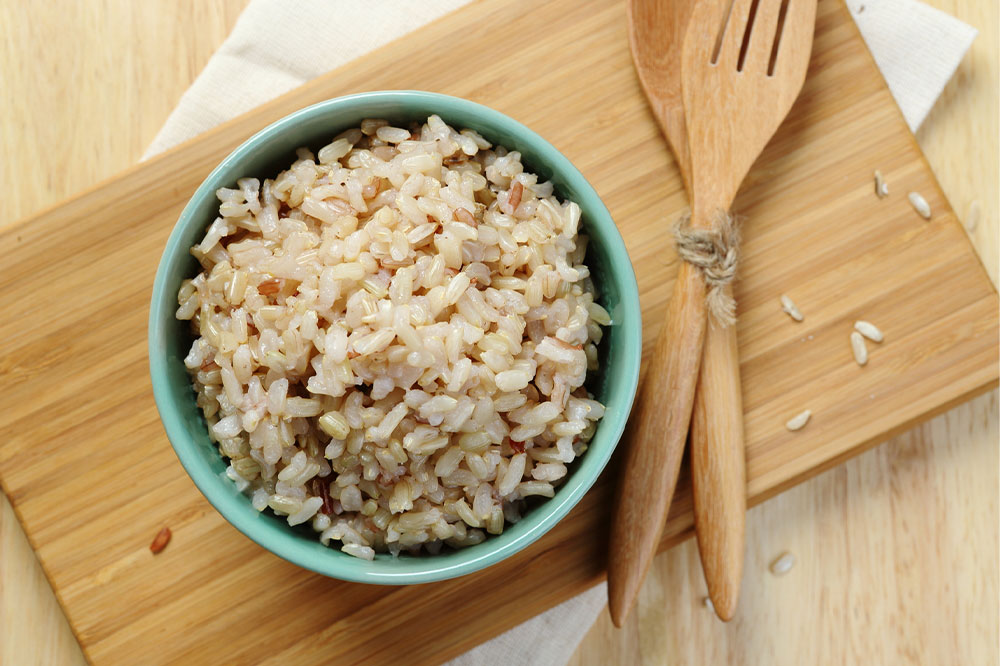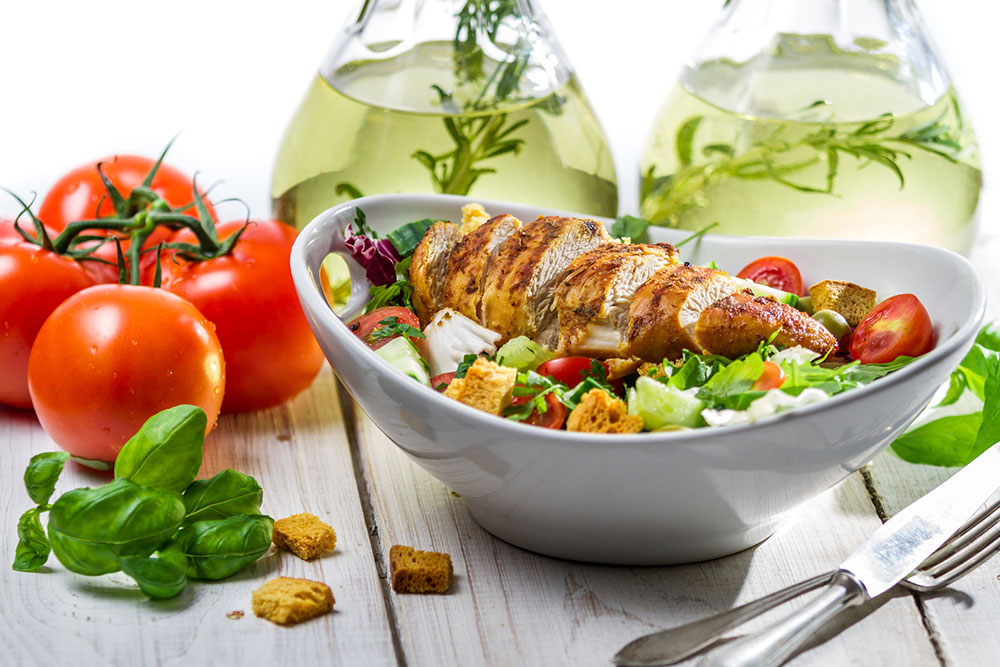Comprehensive Dietary Strategies to Alleviate Rheumatoid Arthritis Symptoms
Discover effective dietary strategies to help manage rheumatoid arthritis symptoms. This comprehensive guide covers foods to avoid and include, cooking tips, and lifestyle adjustments that can reduce inflammation and improve joint health. Learn how balanced nutrition can support autoimmune health, decrease pain, and enhance quality of life for RA sufferers through evidence-based recommendations and practical advice.

Comprehensive Dietary Strategies to Alleviate Rheumatoid Arthritis Symptoms
Rheumatoid arthritis (RA) is a chronic autoimmune disorder that primarily affects joint tissues, leading to pain, swelling, stiffness, and reduced mobility. While medical treatments are vital, lifestyle modifications, especially dietary habits, play a significant role in managing symptoms and improving quality of life. Understanding the impact of diet on inflammation and immune response can empower RA patients to make informed choices that may reduce flare-ups and enhance overall health. This extensive guide explores detailed dietary recommendations aimed at alleviating RA symptoms through strategic food choices.
Understanding the Role of Fats in Rheumatoid Arthritis Management
Fats are critical in modulating inflammation within the body. Particularly, omega-6 and omega-3 fatty acids have opposing effects on inflammatory processes. A diet high in omega-6 fatty acids, common in processed and fried foods, can promote pro-inflammatory responses, potentially worsening RA symptoms. Conversely, omega-3 fatty acids, abundant in fatty fish, flaxseeds, and walnuts, are renowned for their anti-inflammatory properties. Balancing these fats is crucial for managing RA effectively. Substituting foods rich in omega-6s with healthier options like extra-virgin olive oil and incorporating omega-3-rich foods such as salmon, mackerel, and chia seeds can help reduce joint inflammation and pain.
Limit Sugar to Reduce Inflammatory Responses
Excessive intake of added sugars and refined carbohydrates can exacerbate inflammation by stimulating cytokine production, which worsens joint pain and swelling in RA. Foods such as candies, sodas, baked treats, and processed snacks are high in sucrose, high-fructose corn syrup, and maltose, which can contribute to systemic inflammation. To combat this, prioritize natural sweeteners like honey or opt for antioxidant-rich fruits including berries, cherries, and apples to satisfy sweet cravings. These fruits support immune function and can reduce oxidative stress, helping to manage RA symptoms more effectively.
Reduce Sodium Intake for Better Autoimmune Control
High levels of sodium intake have been linked to increased autoimmune activity and inflammation in rheumatoid arthritis patients. Processed foods, canned soups, fast food, cured meats, and snack foods are primary sources of excess salt. Reducing salt consumption can help lessen joint swelling and stiffness. Instead, use herbs and spices such as pepper, oregano, basil, cumin, and garlic to enhance flavor without adding sodium. Staying within recommended daily sodium limits supports immune health and can alleviate RA flare-ups.
Eliminate Gluten-Containing Foods if Sensitive
Gluten, a protein found in wheat, barley, and rye, may trigger inflammatory responses in some RA patients, particularly those with comorbid autoimmune conditions like celiac disease. Eliminating gluten from the diet can help reduce joint inflammation and improve digestive health. Gluten-free grains such as rice, quinoa, millet, and buckwheat are excellent alternatives and can help sustain nutritional adequacy while minimizing autoimmune triggers.
Prevent Excessive AGE Formation through Cooking Choices
Advanced glycation end products (AGEs) are harmful compounds that form during high-temperature cooking methods like frying, grilling, roasting, and searing, especially with animal-based foods. These compounds promote oxidative stress and inflammation, aggravating joint pain. To reduce AGE intake, opt for cooking methods such as steaming, boiling, poaching, or stewing. Incorporating more plant-based dishes and using marinades with lemon or vinegar can also lower AGE formation, supporting joint health.
Avoid Processed and Packaged Foods
Pre-packaged snacks, fast foods, and convenience products often contain trans fats, refined sugars, and processed ingredients, all of which contribute to systemic inflammation. Regular consumption of baked goods, breakfast cereals, flavored dairy, and processed meats may worsen RA symptoms. Emphasizing whole, unprocessed foods, including fresh vegetables, fruits, nuts, seeds, and lean proteins, can significantly reduce inflammatory burden and support immune regulation.
Manage Nightshade Vegetables Carefully
Nightshade vegetables such as tomatoes, peppers, eggplants, and potatoes contain alkaloids that may trigger inflammatory responses in sensitive individuals with RA. While these foods are nutritious, some patients find that reducing or eliminating them alleviates joint symptoms. An elimination diet followed by gradual reintroduction can help identify individual sensitivities. If tolerated, these vegetables can be included in moderation without exacerbating symptoms.
In conclusion, dietary modifications are a key component in managing rheumatoid arthritis. Incorporating anti-inflammatory foods, reducing pro-inflammatory ingredients, and choosing healthy cooking methods can collectively help diminish joint pain, improve mobility, and enhance overall well-being. Consulting with healthcare providers or registered dietitians can provide personalized guidance tailored to individual health needs and dietary preferences, empowering RA patients to take control of their condition through optimal nutrition.





